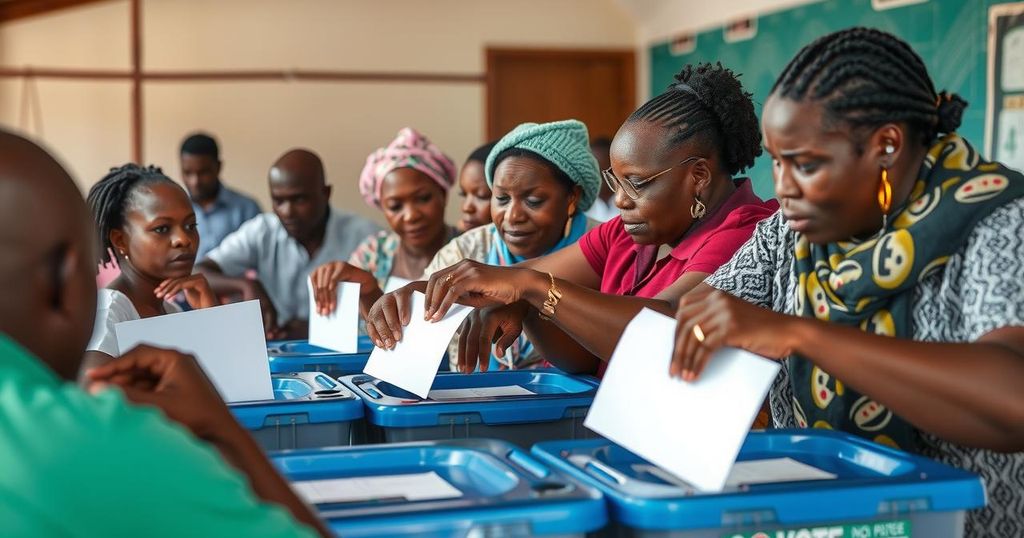2024 Elections in Southern Africa: A New Dawn in Political Dynamics

The 2024 elections in Southern Africa brought forth substantial changes for historically dominant liberation parties, as they faced increased competition from opposition parties. While Botswana and South Africa witnessed significant electoral losses by long-governing parties, a youthful electorate expressed frustrations tied to economic challenges. The shifting political dynamics suggest a generational transition reflecting broader demands for accountability from governance.
In the elections of 2024, Southern Africa witnessed significant political shifts, particularly affecting long-standing liberation parties. As nations like Botswana, South Africa, Namibia, and Mozambique held elections, the dissatisfaction of a younger electorate emerged, driven by economic challenges and unmet expectations. Historically dominant parties, reliant on their liberation legacies, faced substantial defeats. This change marked a departure from traditional political loyalties, indicating a new era of accountability and responsiveness demanded by voters. Commentary from political experts highlighted that citizens, especially the younger demographic, prioritize governmental performance over historical narratives of liberation, underscoring a pivotal transformation in the region’s political landscape.
Southern Africa’s political climate in 2024 was characterized by relatively stable democratic processes, contrasting with the prevalent instability in other African regions. The elections held in countries such as Botswana, South Africa, Namibia, and Mozambique revealed a growing disconnect between long-ruling parties and a youthful electorate increasingly concerned with economic performance. The historical impact of liberation movements appears diminished as a younger generation emerges, which lacks direct experience of colonialism and prioritizes immediate concerns over historical legacies, prompting long-governing parties to reevaluate their approaches.
The 2024 elections in Southern Africa signify a transformative moment where political power dynamics are shifting significantly. Voters, especially youth, are demanding accountability from their leaders, moving beyond the nostalgic loyalty to liberation struggles. Parties that once confidently held positions of power are now presented with urgent challenges to address economic grievances and engage with a constituency that seeks jobs and dignity over historical remembrance. This shift reveals a pivotal shift in Southern Africa’s political landscape, whereby electoral outcomes are now increasingly reflective of contemporary societal needs rather than historical context.
Original Source: apnews.com







